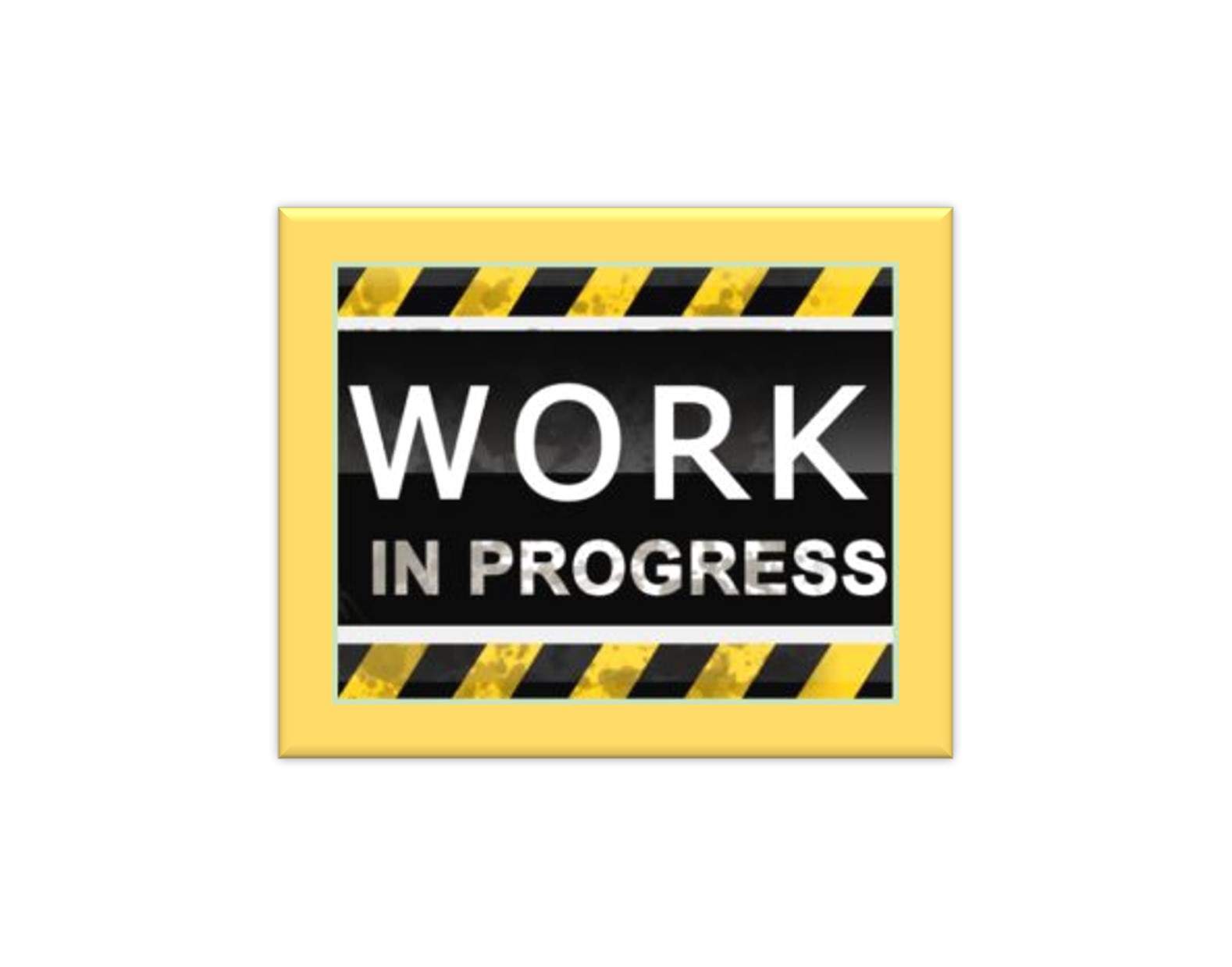DO YOU HAVE WORKAHOLIC TENDENCIES?
Being self-employed or a Freelancer and being able to enjoy the flexibility of working from home can sometimes fill one with joy, but this does take its toll on the body and the mind in the long run. Accomplishing 8 straight hours on the computer and/or telephone, largely uninterrupted by emails and staff meetings from the comfort of your own home, may seem like a dream to some. On the other hand, it might also feel like you could just do that little bit more before you call it a day, because your office is always there.
I surely do feel like I could do a bit more for the client. Sometimes I do that bit more because it is a new client and I am trying to impress them, in order to ensure repeat custom. Alternatively, it could be an existing client and I want to deliver a day earlier than expected. I usually find myself delivering early, just so that I have nothing immediate left to do, and can therefore enjoy some breathing space before starting the next project. For these very reasons, I just cant stop working myself into the ground.
A recent survey showed that 90% of people who work remotely find themselves in a situation whereby they find it really hard to switch off and leave work behind after the 8 hour working day. Some of the people that took part in the survey admitted that, they are working more hours not less and that they sometimes login at night or even on the weekend. In turn, this has a negative effect on their time management, as they are unable to focus fully on other things that may need their attention in their personal life.
Many Freelancers also think that they can work less hours weekly i.e., they can work a four-day week and have 3 days off at the beach in Cornwall. However, they soon realise that they work more hours and it really is harder to switch off. Compared to working for someone else, where, in most cases you can completely log off at the end of the week and forget about work until the following week. Anything that happens out of working hours is someone else's problem to deal with and therefore there is no need to stress or remain switched on.
THE SAVING:
The fact that you save on costs such as fuel, lunches, office wear and time spent commuting, may tempt some people into thinking that working from home is a winner, but is it really? You still have to cover the high energy bills it produces, subscriptions that you require, hardware and software i.e., laptops, printers, web hosting, dedicated phone-lines and phone contracts, VPN services, if required and internet security, along with any other general business service costs. Setting up a home office may also incur costs, such as a comfortable workstation and not all of these expenses can be a tax write-off (only work-related purchases as per tax laws in the UK).
It’s clear that remote working offers some fantastic benefits, but it also has obvious downsides.
If you are considering a completely remote setup for your business, you may wish to take some time to consider the pro's and cons and whether any of those cons can be overcome by establishing some best practices as a guideline to manage remote working.
Thank you for reading
